EMC acquisition: Is it a good deal for Dell?
Will Garside ponders the prospective partnership, and the potential for the channel

The expected $67bn purchase of EMC (NYSE:EMC) by Dell is potentially the biggest IT deal ever with far reaching consequences for partners and rivals.
Although still not finalised, the deal would create a company with an estimated 170,000 staff, combined revenues of possibly $80bn and a channel community of roughly 140,000 partners. There is a lot of conjecture in even these numbers due to the private nature of Dell, the status of the various EMC businesses and the speculation on how Dell will digest EMC over what will likely be a multi-year reorganisation process.
The combined entity would remain and extend its lead as the world largest storage vendor but crucially for Dell, it would give it access to a strengthened software ecosystem including a chunk of VMware (NYSE:VMW) revenues, RSA security and Pivotal, a cloud software development platform. Although not all one way traffic, the deal would strengthen the overall storage portfolio by raising the profile of the highly regarded Compellent technology Dell acquired a few years back.
Although Dell has established a foothold in the enterprise, the perception of many customers and partners is still “cheap and cheerful” and although somewhat unfair, the tag has stuck with largely uninspiring products across storage, networking and modest software acquisitions.
In terms of R&D, Dell has little heritage in developing new technologies compared to EMC. Yet, where EMC has enterprise credentials, Dell has stronger brand within SMEs and more cost conscious buyers reaching down into the consumer space. This means that EMC brands that have not been that successful (like Iomega) may well get a new lease of life as Dell products are re-tasked for SMBs.
Golden geese
What the deal will mean for the various product lines is still a highly speculative exercise. But statements from EMC and Dell suggest that VMware, the fastest growing aspect of the EMC portfolio will be largely left alone. As a VMware COO Carl Eschenbach says, there will “not a lot of change” or a more candid description by a another VMWare exec, “They won’t want to kill the golden goose”
ChannelPro Newsletter
Stay up to date with the latest Channel industry news and analysis with our twice-weekly newsletter
With annual revenues of just over $6bn and consistent double digit YOY growth over the last five years, VMware has weaved a string of deals with everybody from Cisco, HP, NetApp and others to keep it the Switzerland of virtualisation, in a world that sees Microsoft slowly catching up in terms of hypervisors. With OpenStack as an increasingly credible rival to VMware’s cloud vision; only the much more advanced feature set and engineering prowess of VMware keep both rivals from reaching parity any time soon.
It seems likely that the Dell takeover will try to do as little damage as possible to this position. Although from Dell’s perspective, every sale that includes a VMWare component is more profitable than any pitch for Hyper-V, KVM or OpenStack.
The deal also gets Dell into the cloud space, an area in which the firm has been sluggish. Although VMware’s vCloud Air is light on features compared to AWS, it’s catching up fast, and crucially, has the continuity of brand between on-premise, hybrid VMWare clouds and a service offering.
The same, although to a much lower degree, could apply to RSA which has great partner relationships and a respected security portfolio, as well as long standing customers within the public and private sectors. Although not broken out in financial guidance, RSA has probable annual revenues of around a billion dollars. Pivotal, the EMC-owned cloud and big data application development software is probably another billion dollar a year business, although EMC doesn’t break the numbers out. Dell already sells Pivotal Cloud Foundry software so, again, probably no change there. What is interesting is that across financial guidance from EMC over the last few years it is the software parts of the business that are growing while hardware is essentially flat, or declining in certain areas.
Cultural changes
Dell has made a transition over the last few years to become a more channel-centric vendor, especially in the enterprise space. While EMC has a sizeable direct sales team that accounts for roughly half of its revenues, it is supported by an estimated 5000 VARs (a figure generated from the wisdom of a trio of analysts). Yet this is distorted as VMware, especially in Europe is 95 percent through the channel. The bride and groom, when you even out all the regional differences, are probably both 50/50 in terms of direct versus channel.
Although similar on paper, the cultures at the two firms are very different.
EMC has experienced a bit of channel conflict between its direct sales and channel and its teams are notoriously “effective” and even “aggressive” when it comes to sales. They are also focused on storage and are good at selling it.
Even as the number two seller of PC and low end servers behind HP, Dell has traditionally had a pragmatic view of solution sales. Led from the top, Dell even with its own brand servers, networking, and storage and security products is often considered a top tier reseller for the likes of HP printers, Kaspersky security and even some EMC storage from its old OEM agreement days. The EMC deal will clearly strengthen the storage portfolio but the limitations of Dell in areas like networking or print means that big “all Dell end-to-end” deals will still mix and match many friendly vendors.
Distribution and recruitment
Distribution is likely to stay consistent although EMC’s severing its relationship with Ingram Micro earlier this year might see a reversal as Ingram is a flagship Dell distributor. For partners, in the short term little change is likely. Gaining EMC certifications, especially at the higher end and across legacy platforms is not a simple online questionnaire like some of the consumer grade partner certs. Invested EMC partners should have no concerns that the hordes Dell partners will suddenly turn up at high-value Isilon deals – it’s just not going to happen.
Although expect programmes for large VARS that provide additional rebates for using Dell desktop, servers, blades and possible some low end networking into bigger deals that centre around either EMC storage, or maybe a bit further down the line, VMware hybrid cloud. The deal is also a door opener into some markets, for example public sector, where Dell has been weak.
Is Mike happy?
The question still remains if the acquisition will be a good deal for Dell? That is anybody’s guess. With some proposed financial wizardry involving the ownership of the majority of voting stock in VMware while it still remains public, Michael Dell has gotten shareholders off his back and instead will carry a big debt pile. A prospect he obviously prefers to dealing with activist investors.
The deal makes sense if you consider that EMC’s heritage of big tin is fading. While Dell’s heritage as the direct, low cost vendor is threatened by rivals like Lenovo, Asus and others.
Both vendors have acquired higher value software, although VMware eclipses all the software deals of Dell such as SecureWorks and Quest. Yet for the deal to work, its needs to benefit from economies of scale and this will probably mean a reduction in headcount and product portfolio where there is duplication. Mid-level marketing, sales and administrative tasks are also ripe for some cost cutting.
But nobody should expect a repeat of the bloodbath happening at HP which says it expects to cut 58,000 jobs by end of fiscal year 2015. Dell is already pretty lean as is EMC. The federation model of EMC also means that that headline staffing numbers are relatively svelte as it stands.
But is it a good deal for Dell as a business? In the short term, probably not a major jolt to profits after restructuring and transition costs. Yet the deeply entrenched EMC customers are a good source of ongoing maintenance and support contracts as are VMWare licences, which will continue to grow in lock step with cloud. Although a plethora of CEOs from big rival IT vendors have slung a bit of mud at the deal, you get the sense that on the ground, the deciding factor will be customers.
As one VMware partner at this week’s VMworld in Barcelona event commented: “If our customers want to use Dell or HP servers, we really don’t care because they all run ESX so I don’t really see the big deal…”
-
 Cleo attack victim list grows as Hertz confirms customer data stolen
Cleo attack victim list grows as Hertz confirms customer data stolenNews Hertz has confirmed it suffered a data breach as a result of the Cleo zero-day vulnerability in late 2024, with the car rental giant warning that customer data was stolen.
By Ross Kelly
-
 Lateral moves in tech: Why leaders should support employee mobility
Lateral moves in tech: Why leaders should support employee mobilityIn-depth Encouraging staff to switch roles can have long-term benefits for skills in the tech sector
By Keri Allan
-
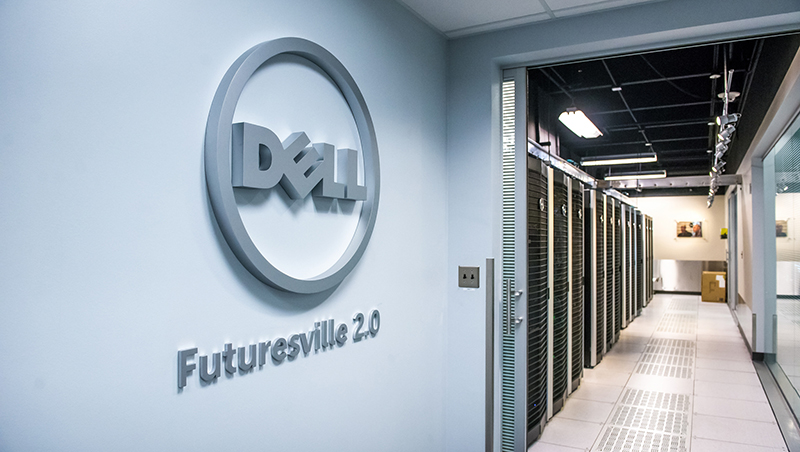 Dell/EMC merger gives birth to Dell Technologies
Dell/EMC merger gives birth to Dell TechnologiesNews $60 billion deal finally closes, creating new tech behemoth
By Jane McCallion
-
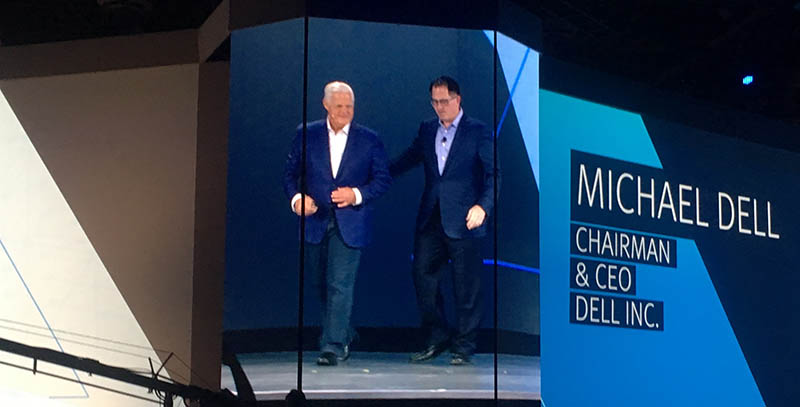 Dell EMC deal will complete next week
Dell EMC deal will complete next weekNews Massive tech merger clears final hurdle as Chinese regulators give their approval
By Jane McCallion
-
 New Dell/EMC name revealed at EMC World 2016
New Dell/EMC name revealed at EMC World 2016News EMC Federation will be called Dell Technologies, but the EMC name is not dead
By Jane McCallion
-
 IT departments suffer from reverse skills gap
IT departments suffer from reverse skills gapNews IT specialists need to become generalists in order to survive
By Jane McCallion
-
 Dell sheds services business ahead of EMC acquisition
Dell sheds services business ahead of EMC acquisitionNews Sale will help fund massive purchase
By Jane McCallion
-
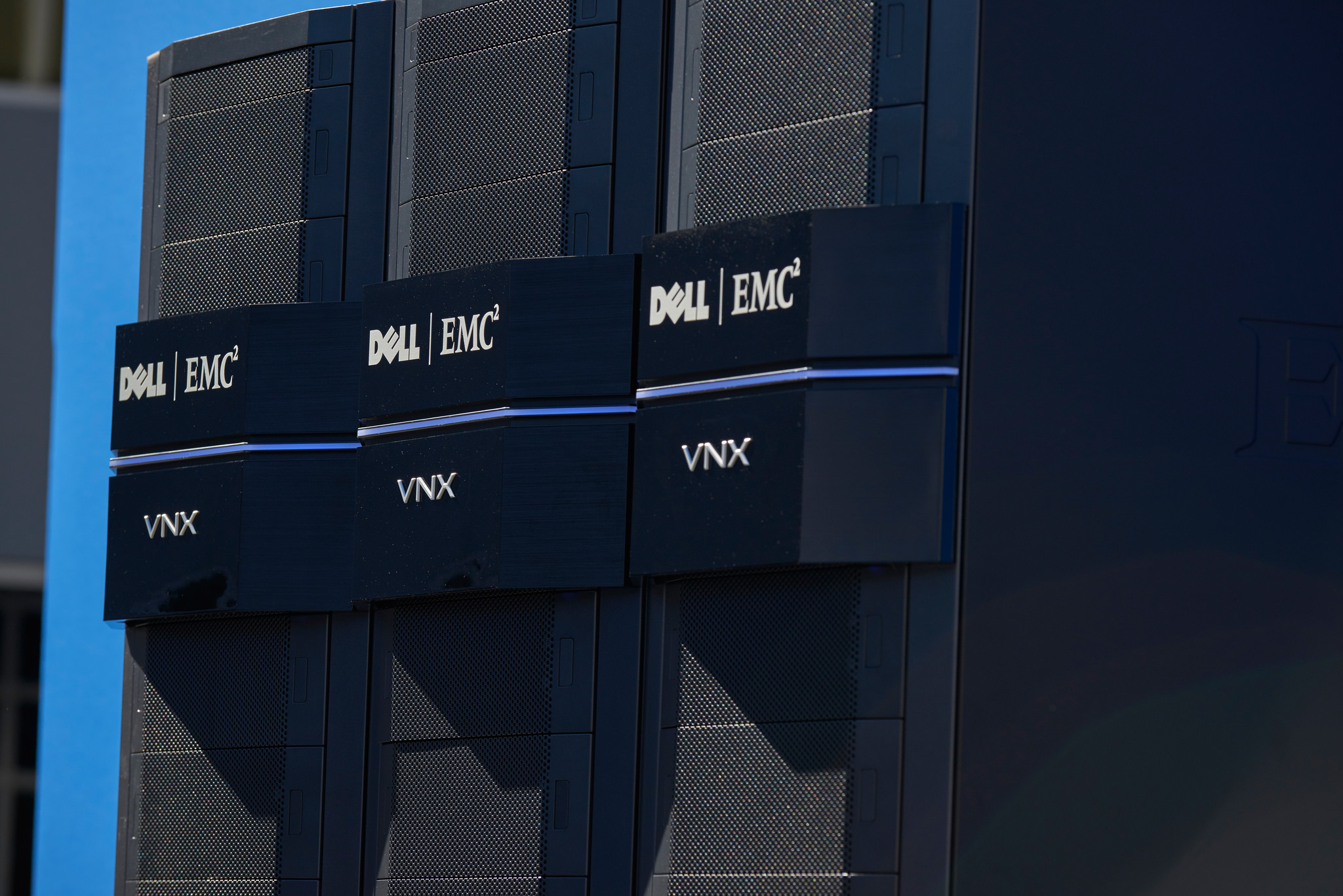 EMC sharpens axe to slash workforce ahead of Dell merger
EMC sharpens axe to slash workforce ahead of Dell mergerNews Firm creates $250 million fund to pay for layoffs
By Jane McCallion
-
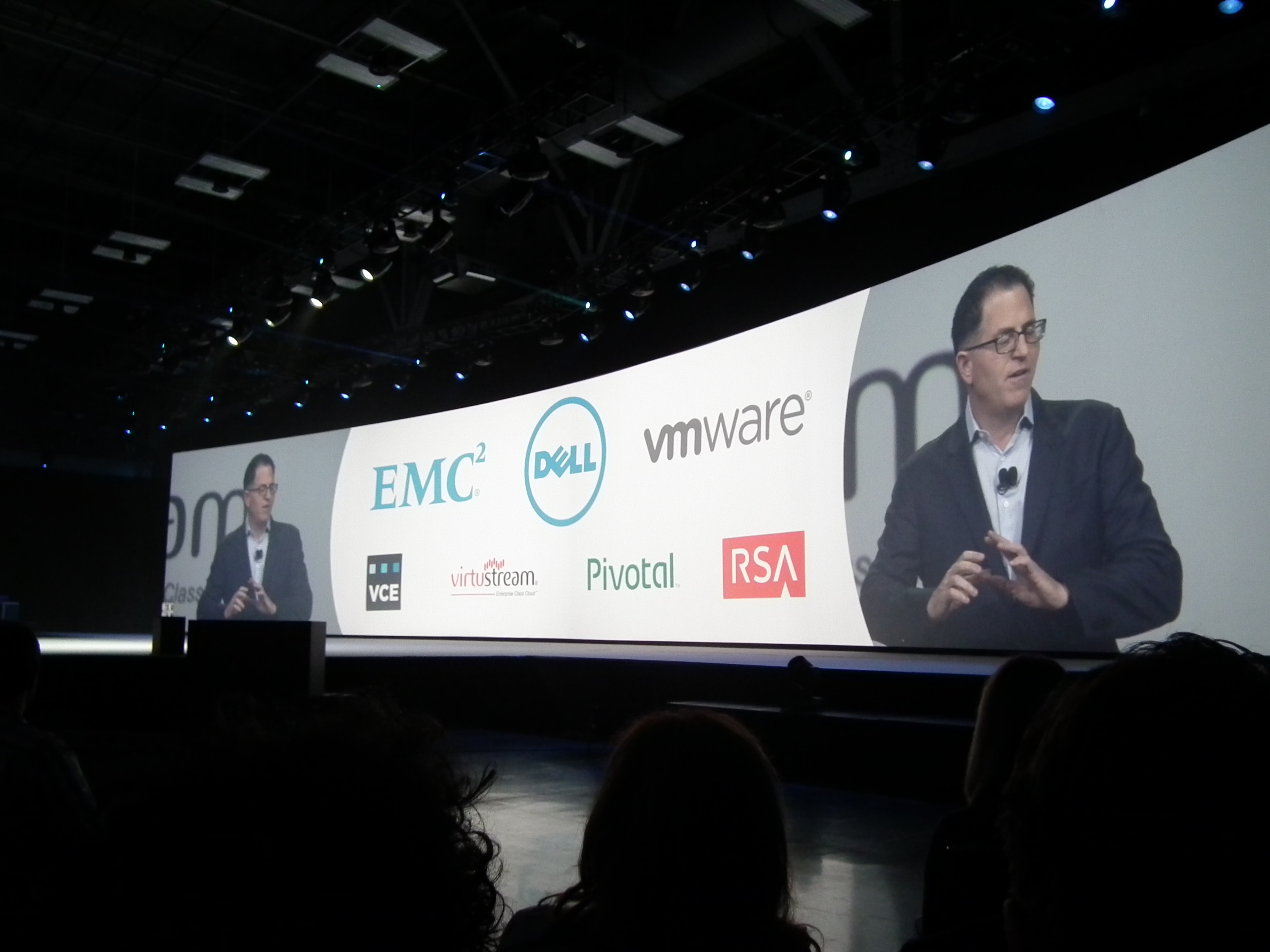 Michael Dell talks up power of private ownership at Dell World
Michael Dell talks up power of private ownership at Dell WorldNews Commitment to SMBs reaffirmed in light of EMC acquisition as well
By Jane McCallion
-
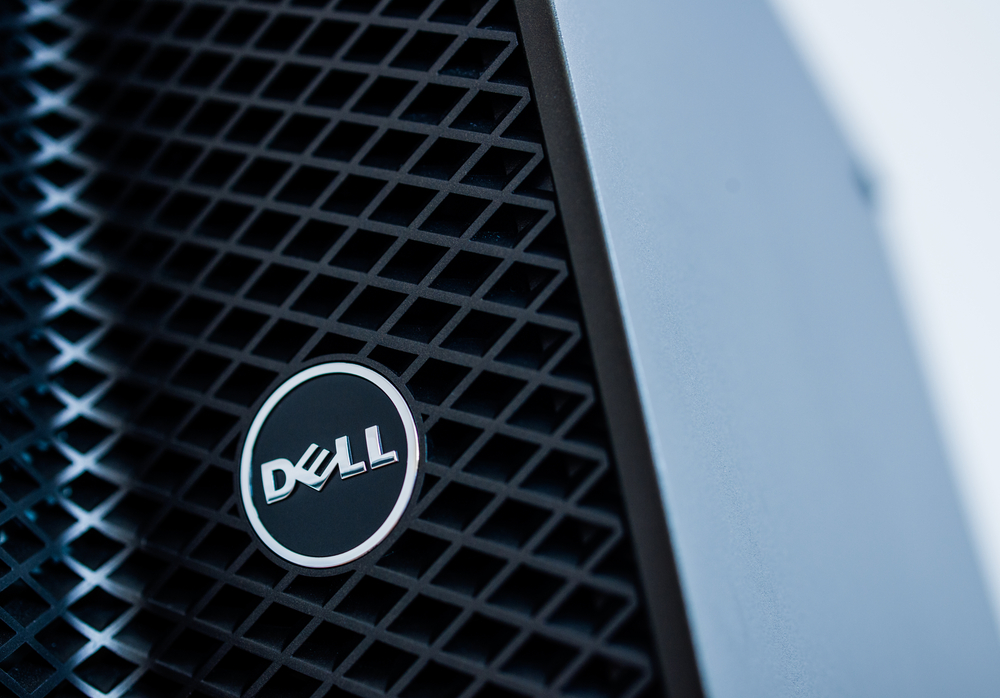 HP's Meg Whitman savages Dell-EMC merger
HP's Meg Whitman savages Dell-EMC mergerNews M&A advisors criticise VMware's absence from acquisition
By Joe Curtis